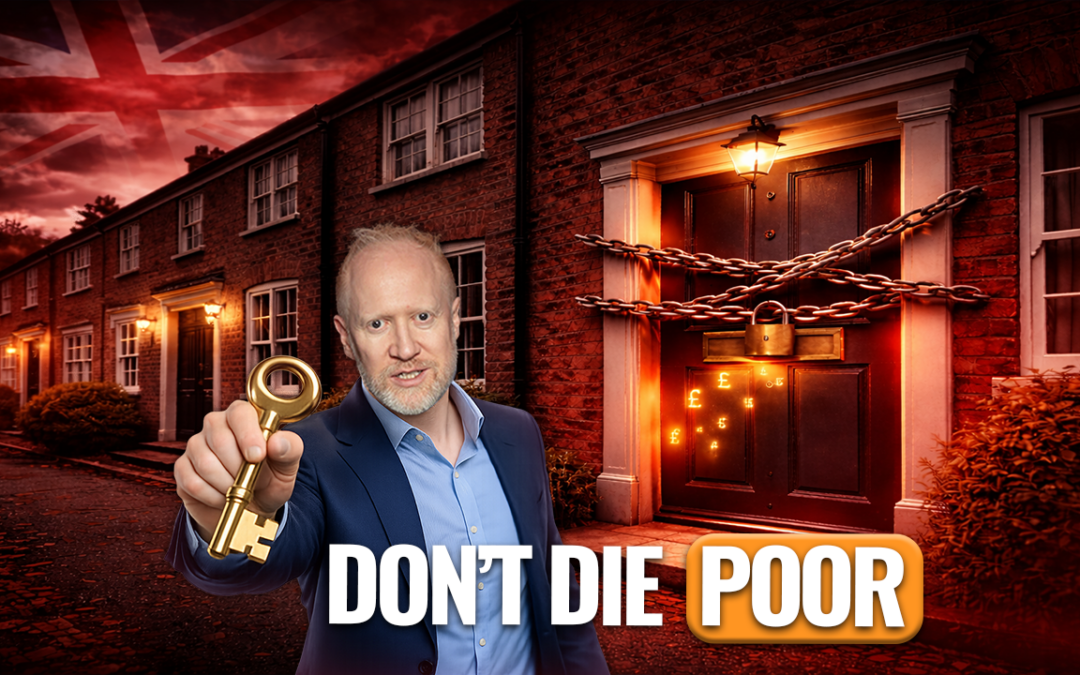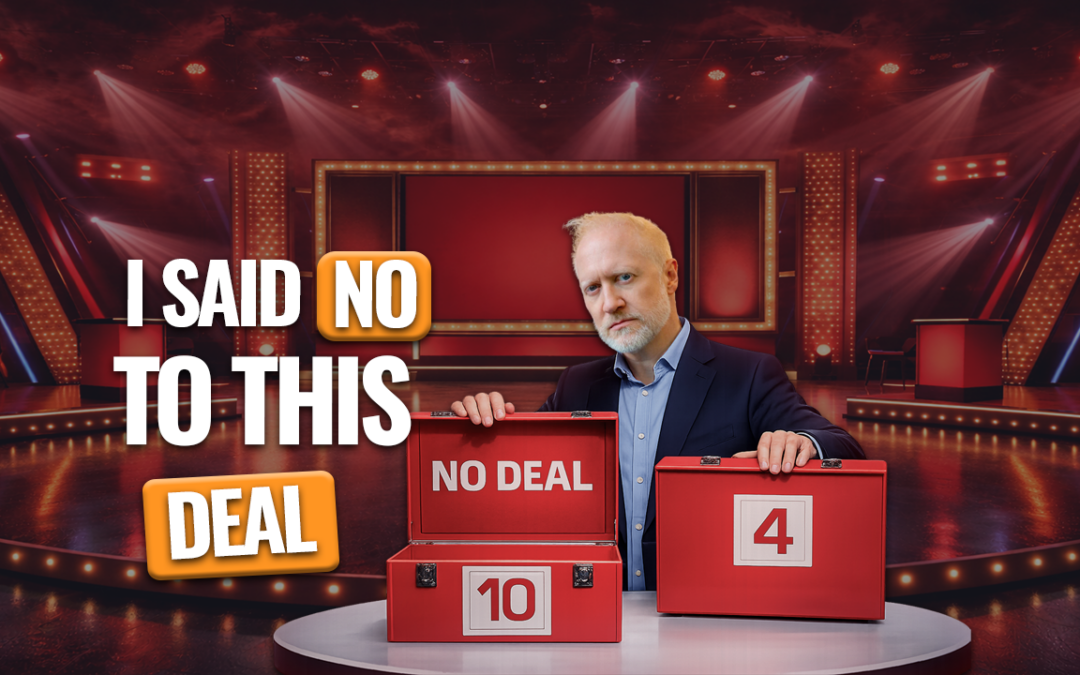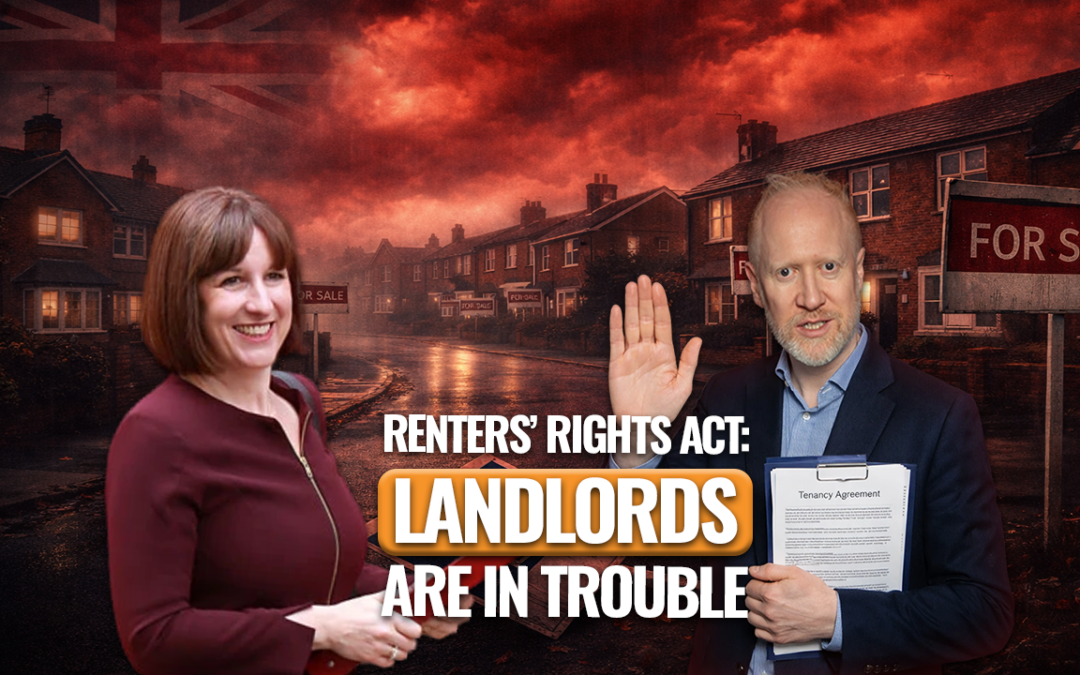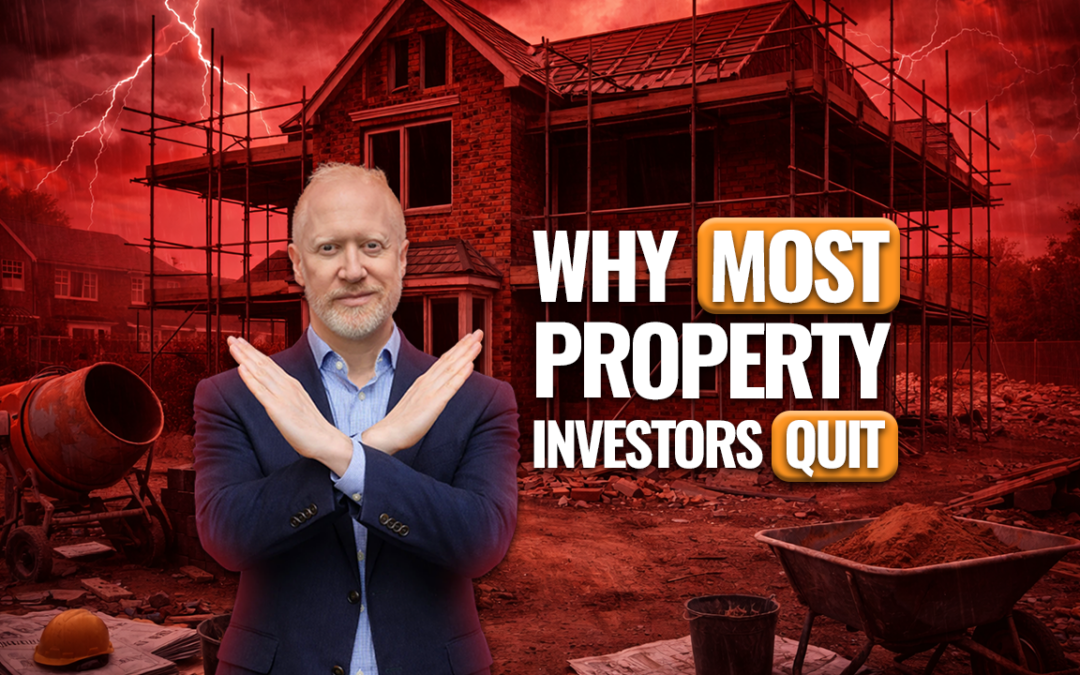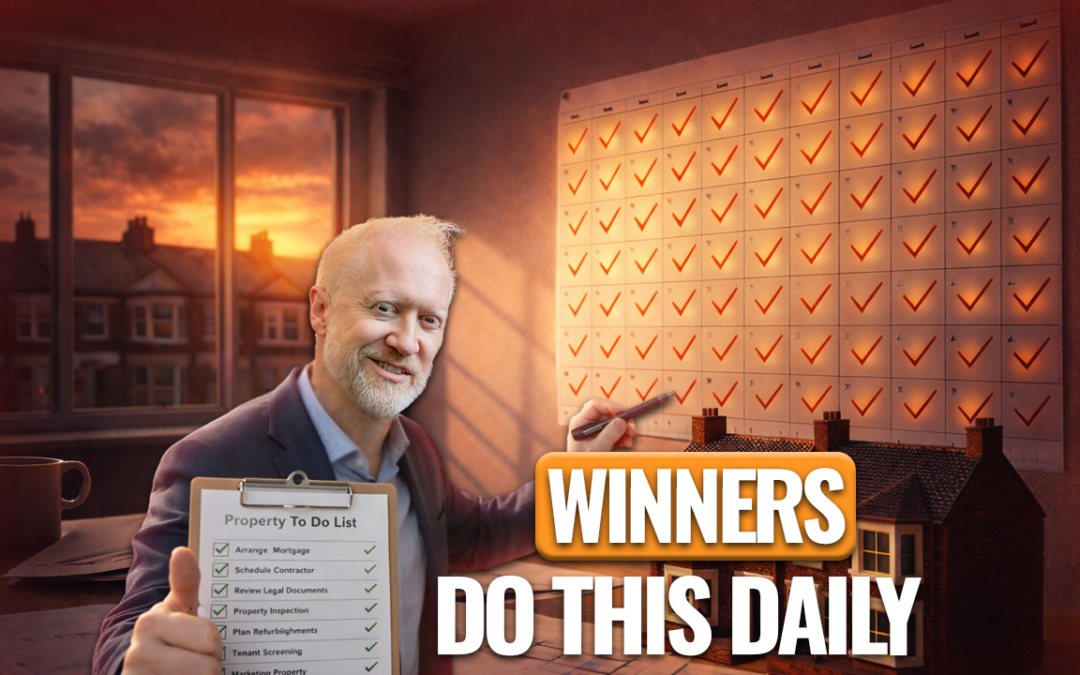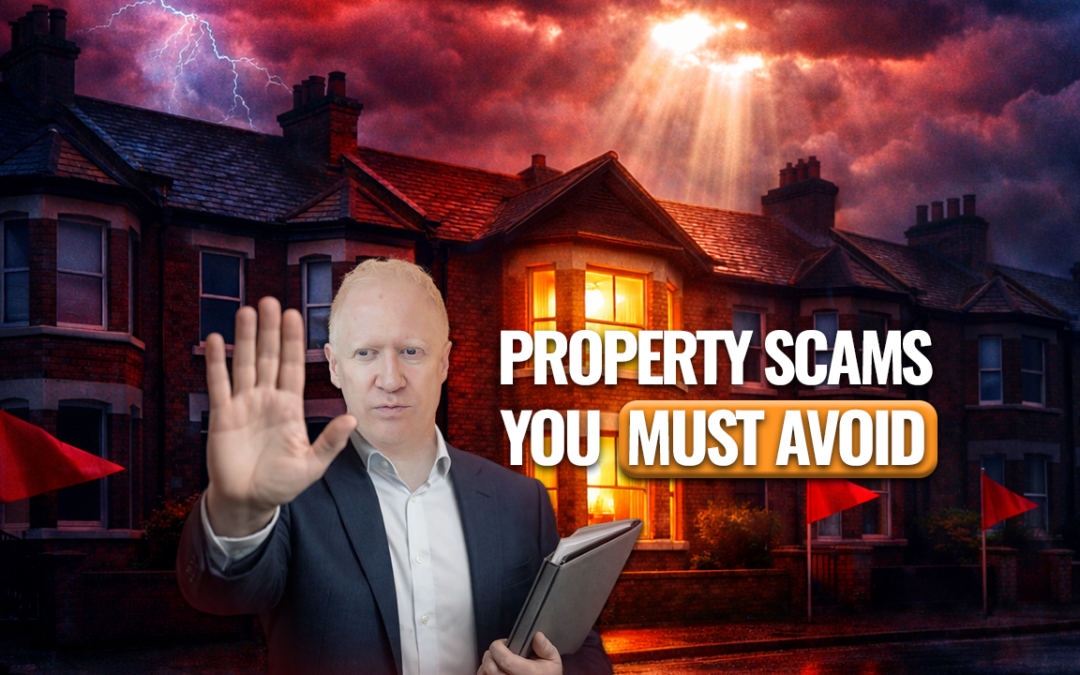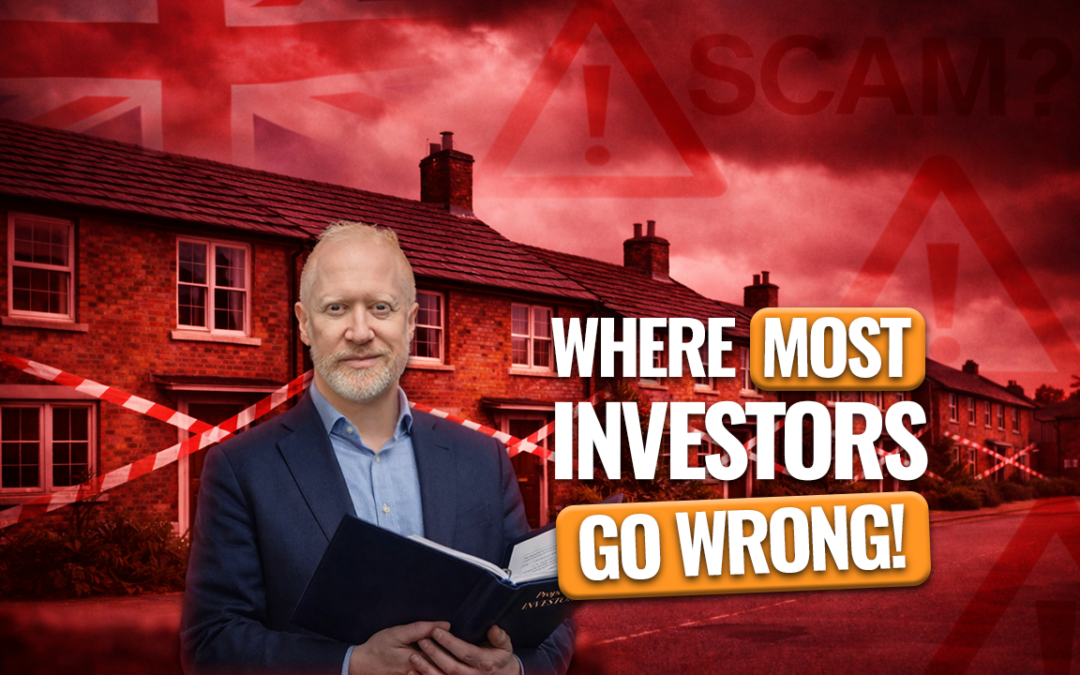Why everyone is talking about the House Value Tax
The government is considering a new House Value Tax. The House Value Tax is being considered as a full Stamp Duty replacement and form part of wider Council Tax reform. Some reports even call it a national property tax UK. The House Value Tax is being considered as a full Stamp Duty replacement. This could mark one of the biggest UK property tax changes in decades.
Some experts believe this House Value Tax will effectively act as a new national property tax UK, changing how homes are taxed for decades to come.
I’ve had many questions about what this means, whether it’s certain to happen, and how it will affect homeowners, landlords, and investors.
At this stage, nothing is final. But the proposals are serious, and the impact could be huge. Let’s look at what’s being discussed, who it affects, and what you should do now.
The current system: Stamp Duty and Council Tax
Stamp Duty Land Tax
When you buy a property in England or Northern Ireland, you pay Stamp Duty. The amount depends on the price, and investors often pay extra. These costs are significant, which is why many are watching talk of a Stamp Duty replacement closely.
Council Tax
Council Tax is a yearly charge based on outdated property bands. The system has not been updated in decades, so many households pay more or less than they should. This is why Council Tax reform is now part of the debate.
Together, Stamp Duty and Council Tax raise billions. But critics say they are unfair and block property transactions.
What is the proposed House Value Tax?
The Treasury has suggested scrapping Stamp Duty and possibly replacing Council Tax with a House Value Tax.
Here’s how it could work:
-
Property owners would pay a yearly tax based on the market value of their home.
-
Homes worth over £500,000 would likely be taxed first, with higher rates above £1 million.
-
Costs would be ongoing, not a one-off.
This would mark one of the biggest UK property tax changes in decades.
Is the House Value Tax really a Stamp Duty replacement?
The aim is to make moving home easier by removing upfront Stamp Duty. But instead of a lump sum, you’d face a continual tax.
For first-time buyers and frequent movers, that could help. For investors, landlords, and those in high-value homes, it could create a new burden.
Who could benefit, and who might lose out?
Like any major reform, there will be winners and losers.
Likely winners
- First-time buyers who won’t have to save tens of thousands for Stamp Duty.
- Homeowners in lower-value properties who could see lower annual bills compared to today’s Council Tax.
- People who move home frequently, since they won’t keep paying Stamp Duty every time.
Likely losers
- Owners of high-value properties, especially in London and the South East.
- Landlords and investors with multiple properties who could face significant recurring costs.
- Retirees or those on fixed incomes who might own valuable homes but struggle with ongoing tax payments.
Key questions people are asking
Will this mean double taxation?
If you already paid Stamp Duty when you bought, will you also have to pay a House Value Tax each year? That’s one of the biggest concerns, and right now there’s no clear answer.
Will everyone be affected?
Probably not. If the threshold is £500,000, most lower-value homes won’t be hit, though they could still be subject to a reformed Council Tax.
Is this definitely going ahead?
At this stage, it’s still being debated. Think tanks, economists, and politicians are pushing the idea, but no legislation has been passed.
What do these UK property tax changes mean for investors?
These UK property tax changes could shift behaviour across the market.
-
High-value homes may become harder to sell if yearly costs deter buyers.
-
Demand could rise for lower-value homes that carry lighter tax bills.
-
Investor yields may shrink, making deal analysis and cash flow forecasting vital.
Periods of uncertainty usually slow the market. But once details are clear, expect a rush as people buy or sell before new rules take effect.
House Value Tax and Council Tax reform: what’s changing?
One reason the government is exploring this reform is that Council Tax is outdated and unpopular. Introducing a House Value Tax could be seen as a way to modernise property taxation while still raising the funds needed to run public services.
If Council Tax is scrapped or replaced, the question is whether the new system will be fairer or simply a different way of raising the same money.
House Value Tax or National Property Tax UK?
The government knows Council Tax is outdated. A House Value Tax could be their way to modernise the system.
If Council Tax is removed or heavily reformed, some households could benefit. But others may see little difference if the House Value Tax brings in the same or more revenue.
What property investors should do now
While we wait for clarity, here’s what I recommend:
- Review your portfolio – Know which of your properties could be above the proposed thresholds.
- Model the impact – Work out how an annual House Value Tax could affect your cash flow and yields.
- Consider timing – If you’re planning a purchase or sale, think about whether it’s worth acting under the current Stamp Duty regime.
- Stay informed – Policies like this can change quickly, so keep learning and networking to stay ahead.
Final thoughts
The House Value Tax is still only a proposal, but if introduced it would be one of the biggest shifts in UK property taxation in decades. For some, it could remove barriers to buying. For others, it could create significant new costs.
My advice is not to panic, but to prepare. Think ahead, run the numbers, and make sure your investment strategy can adapt to whatever changes come.
At property investors network, we’re focused on helping you navigate times like these. That’s why Simon is running a free online training session where he’ll walk you through the exact strategy he and his students have been using successfully since 2006, one that works particularly well in today’s market where buyer demand is lower.
If you’d like to see how this strategy works in practice and how you can apply it to protect and grow your portfolio, click here and register for the online training today.
About property investors network
Founded in 2003 by Simon Zutshi, property investors network (pin) is the UK’s longest-running and pioneering property training and networking organisation. We cater for all levels of investors from beginners learning how to start in property to experienced professionals looking to scale. With monthly property networking meetings across the UK, online workshops and hands-on coaching programmes, pin has supported thousands of people to build knowledge, confidence and profitable portfolios. Unlike estate agents or deal sellers, pin focuses purely on UK property training and education, providing a safe and inspiring community for anyone serious about property investing.


